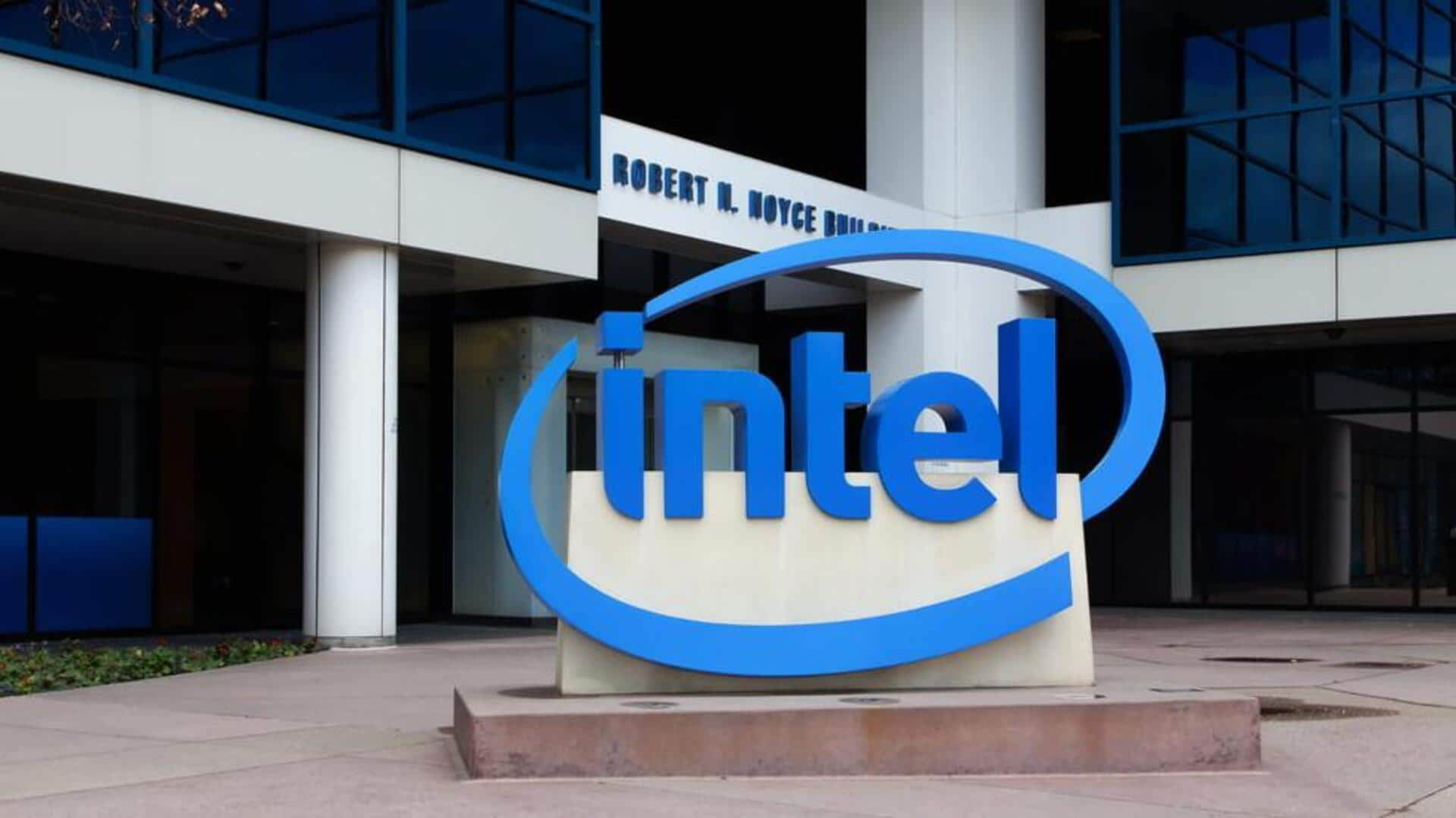
Intel's $5.4bn chipmaking deal collapses due to Chinese reluctance
What's the story
Intel has called off its $5.4 billion acquisition of Israeli chipmaker Tower Semiconductor due to the inability to secure regulatory approvals within the required timeframe. China effectively scuttled the deal by failing to approve it before the deadline. This highlights the challenges of obtaining regulatory clearance amid escalating US-China tensions. The US recently banned American investments in Chinese entities in three sectors, including semiconductors and microelectronics. Intel will now pay a $353 million termination fee to Tower Semiconductor.
Details
The deal received approval in US and Europe
The merger was first announced in February 2022. The deal passed antitrust evaluations in both the US and Europe. However, the Chinese antitrust authorities failed to rule on the acquisition before the date set by the companies, which was August 15. This unsuccessful acquisition represents a setback for Intel's Foundry Service division, which aspires to become a major contract chip manufacturer and rival TSMC.
What Next?
The feud between China-US will affect multinational companies
Beijing's decision to not approve the deal is part of the ongoing tech rivalry between the US and China. This presents a new challenge to multinational companies. They may have to choose between operating in China or carrying out mergers around the globe. For Intel, China is an important market. In 2022, the company made 27% of its revenue from China. It seems the company did not want to antagonize China by moving forward with the acquisition.